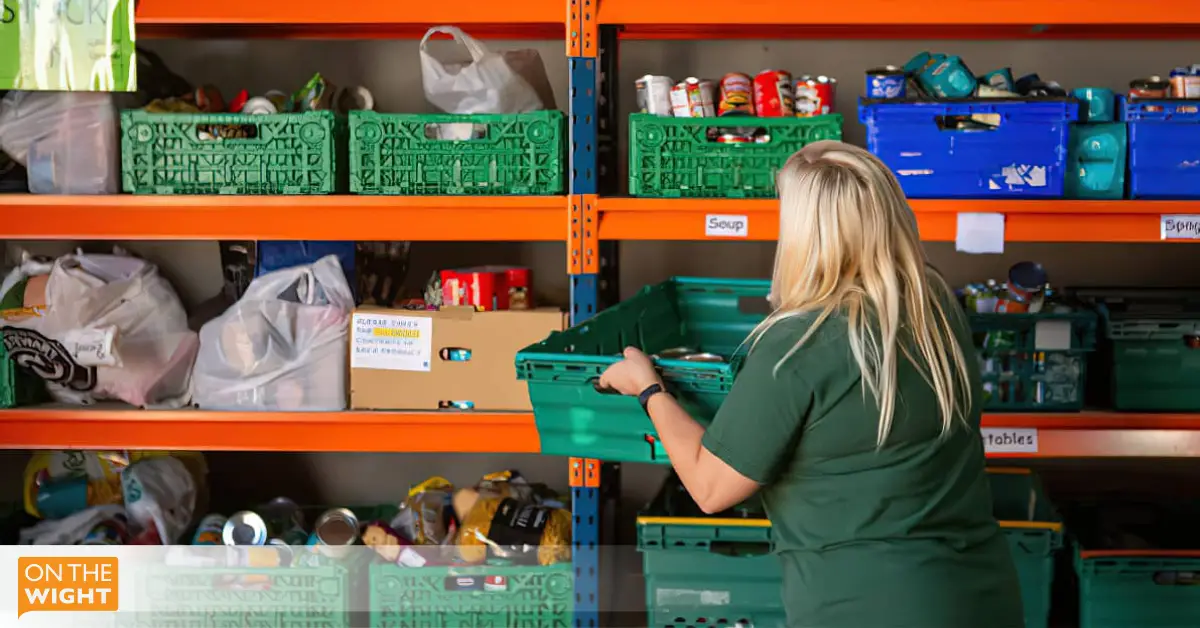A new survey of carers from across the UK provides a stark assessment of how many of the UK’s seven million unpaid family carers have been plunged even further into financial misery by the cost-of-living crisis.
The research, undertaken by Carers Trust, the UK infrastructure charity for local care organisations, revealed that 41 per cent of all unpaid carers have had to give up paid work altogether to provide the dedicated care at home that a sick or disabled relative needs.
A further 23 per cent of respondents reported having reduced the number of paid hours they work because of their caring role.
One in seven unpaid family carers now using foodbanks
The research, which was responded to by 2,675 family carers, uncovered the shocking fact that one in seven (14 per cent) unpaid family carers are now using foodbanks as a result of soaring living costs. In addition:
- 25 per cent have had to cut back on food
- Nine per cent have either sold their home or released home equity to pay for essential items
- 14 per cent have not been able to pay household bills on time
- 39 per cent have had to cut back on other household items
- 29 per cent have had to use a credit card to pay for essential household items.
- 26 per cent have had to borrow money from a friend or a relative
- 18 per cent have had to take out a loan
One survey respondent said,
“I am terrified that I won’t be able to pay the bills this winter.”
63 per cent won’t be able to pay energy bills
Responding to a survey question about what essential costs they would no longer be able to afford, over half (53 per cent) said transport, almost two thirds (63 per cent) said energy bills and over one third (34 per cent) said rent or mortgage costs.
Failing to prevent poverty among unpaid carers
The survey also starkly highlighted the inadequacy of Carer’s Allowance, the principal state benefit for unpaid carers.
Currently set at £69.70 per week in England, this is the lowest level benefit of its kind, despite more than one third (34 per cent) of unpaid carers spending 50 hours or more a week caring for a sick or disabled relative.
Strict eligibility criteria
Eligibility criteria for the benefit are strict: claimants must earn £132 a week or less after tax and must be spending a minimum of 35 hours a week caring for someone.
Over half of all survey respondents said that they do not receive the allowance and, of those who did, 47 per cent of respondents said it was not enough to meet their needs as an unpaid carer.
Struggling to make ends meet
The survey also found that, instead of preventing poverty among recipients, Carer’s Allowance recipients were more likely to be experiencing financial hardship.
- 59 per cent of respondents receiving Carer’s Allowance said they were struggling to make ends meet, compared to 47 per cent of respondents who don’t receive Carer’s Allowance.
- 20 per cent of respondents receiving Carer’s Allowance said they had had to use a food bank as a result of their caring role, compared to 8 per cent of respondents who don’t receive Carer’s Allowance.
‘Dwindling support for unpaid carers’
The lack of adequate financial support for unpaid family carers was recently headlined in a major report by the Nuffield Trust. It cited ‘dwindling support for unpaid carers’ from the UK Government and reported that between 2015-16 and 2020-21 local authority funding for unpaid carers had dropped by 11 per cent.
It also reported that funding for respite and breaks for unpaid carers had dropped by 42 per cent over the same period.
More Government support needed
A parallel survey of Carer’s Trust’s network of over 120 local carer organisations, who provide services to unpaid carers, has also highlighted the impact of recruitment challenges and funding shortages on their ability to support unpaid family carers.
48 per cent of services cited fundraising and sustainability as the principal challenge to work supporting unpaid carers, whilst 40 per cent of respondents cited staff recruitment and retention as a challenge – almost twice the level (23 per cent) reported the year before.
McHugh: Millions of unpaid family carers are being pushed into dire poverty
Responding to the findings of the survey, Carers Trust’s CEO Kirsty McHugh said,
“Our nation’s health and social care system relies on the hard work of millions of unpaid family carers. However, the double whammy of lack of financial support and struggling local services means that millions of unpaid family carers are being pushed into dire poverty.
“With little ability to work, unpaid carers simply cannot boost their earnings to meet the cost-of-living crisis. Yet they need to keep the heating on and equipment running to keep their sick and disabled relatives warm and safe. The recent Autumn Statement simply did not recognise the extra cost of being an unpaid carer. We therefore need to raise Carer’s Allowance urgently and to add it to the list of benefits qualifying for the additional £900 cost-of-living support payment.
“We also need Government to make good on its long awaited promise to publish a proper strategy for unpaid carers. As a country we’re relying on unpaid carers to keep the health and care system afloat.
“The least we can do in return is ensure they get a fair deal in return.”
News shared by Matt on behalf of Carers’ Trust. Ed





